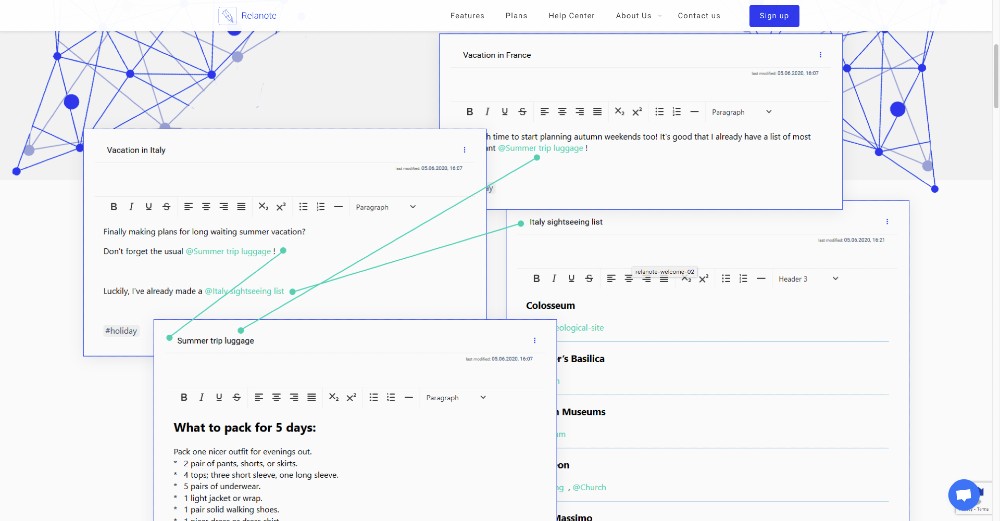One of my earliest lessons in the art of negotiation went down at home, as the youngest child trying to get the one up on my older brother. It was the mid 90s, Pepsi was rewarding loyal customers with Pepsi Points hidden in their 24-packs. I don’t think either of us knew what the hell we would even do with the Pepsi Points, but we both knew we wanted them. So for hours we negotiated.
There was yelling. There was name calling. Finally, my dad came in with a pair of garden scissors and proceeded to cut the Pepsi Points voucher in half. We were speechless. Our dreams of amassing a wealth of Pepsi Points turned into a lose-lose scenario.
Sadly, our negotiation experiences today end up following a similar pattern. Long, energy draining negotiations end in lose-lose scenarios. My own pattern of negotiations gone wrong only began to change when I became a community mediator in college. I learned from leaders in business, law, and social work negotiation skills that have helped me in both my professional and personal life.
A good starting point to any negotiation scenario is understanding negotiation motivators. Some of the obvious motivators are money and resources. These obvious motivators are at the tip of the iceberg. In negotiations, these motivators are often written or verbally communicated. However, there can be a handful of other motivators hiding beneath the surface. These motivators represent the hidden, yet powerful underside of the iceberg.
Here are some common hidden motivators to keep in mind: respect, accountability, safety, and power.
Seeking clarity involves slowing down the negotiations and proactively checking in with the other party to ensure you’re understanding points of agreement or disagreement correctly.
Often, this looks like simply taking time in the negotiations to summarize progress. For instance, negotiating with the head of another department about the use of meeting rooms. A summarizing statement on when and why each party needs the meeting rooms can be critical in correcting assumptions earlier on rather than later. It also helps ensure objectivity.
I’ll be totally honest and admit to times when I’ve been tempted to turn negotiations personal. In my head I’ve said things like, “Sally wants the meeting rooms all to herself” or “accounting is always trying to hold me back.”
Seeking clarity by summarizing key points helps keep us grounded in reality, and ensures that we are working towards each side’s true needs rather than the needs we assume in our heads.
We hear this term in sales pitches, business seminars and relationship workshops. But how can we create win-wins the midst of negotiations that are often stressful and complex? Well, let’s break down the win for both sides.
First, we create the win for ourselves by coming into our negotiation meetings with a clear picture of what our goals are both long and short-term.
In negotiating a purchase, I may want monetary savings now, but in the long term I’m willing to pay more if a product can meet my long term goals of reliability and convenience.
Ensuring a winning scenario for those on the other side of the negotiation table involves creating buy-in. This doesn’t mean stating your solutions and getting the other party to begrudgingly agree. It’s about asking open-ended questions and giving the other side a chance to craft their ideal solution. Sometimes, simply asking the other party what their ideal solution looks like can give you a head start in reaching a mutually beneficial scenario.
[clickToTweet tweet=”The most important step in creating a win-win scenario is to embrace creativity. ” quote=”The most important step in creating a win-win scenario is to embrace creativity. “]
We do this by focusing not just on WHAT the needs are, but HOW those needs are met. Think outside the box. For instance, what are some non-traditional ways of structuring payments? What are some non-traditional employee benefits? What are some non-traditional services you can add to a contract?
Negotiating is one of life’s necessities. Unless you live in your own self-sustaining plastic bubble, eventually you’ll need to practice the art of effective negotiation.
Don’t be like my Pepsi Point obsessed eight-year-old self, slipping into a lose-lose scenario due to lousy negotiation skills.
Practice seeing the other side of the iceberg, seeking clarity, and embracing creativity. These three negotiation skills can quickly turn a lose-lose scenario into a mutually beneficial one for both parties.
The American Genius' real estate section is honest, up to the minute real estate industry news crafted for industry practitioners - we cut through the pay-to-play news fluff to bring you what's happening behind closed doors, what's meaningful to your practice, and what to expect in the future. Consider us your competitive advantage.















































